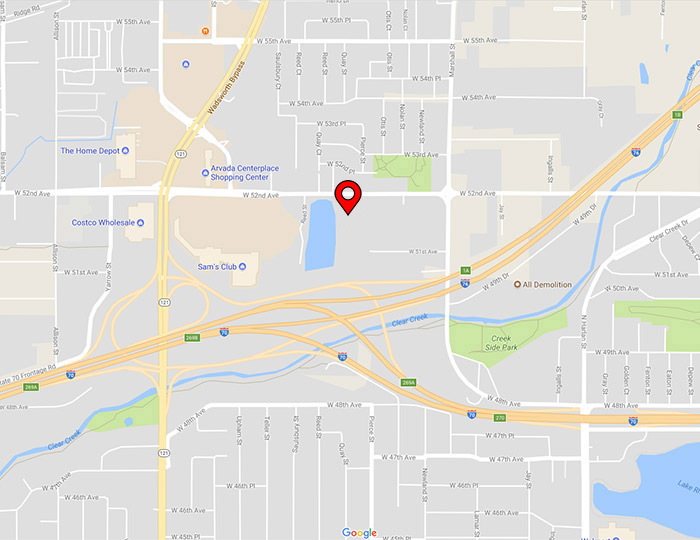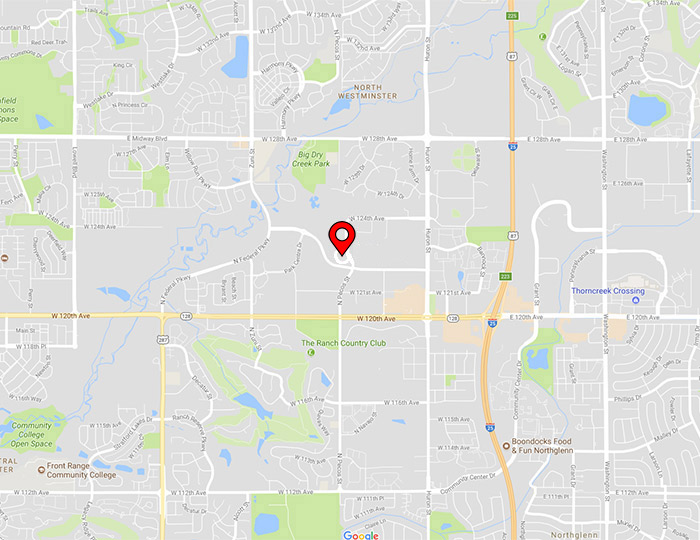Audiology is the branch of science and medicine that focuses on hearing, balance and related disorders. Audiologists diagnose, treat and monitor a wide range of hearing and balance problems in patients of all ages, from newborns to the elderly. Services they provide include hearing tests; hearing aid selection, fitting and programming; audiologic rehabilitation and counseling/education for patients and their families. Our experienced audiology staff relies on state-of-the-art technology and equipment, including audiometers, computers and other devices, to evaluate our patients’ hearing and balance and come up with a treatment plan geared toward their specific needs.
Custom Earmolds
It has long been acknowledged that noise induced hearing loss can be prevented by wearing earplugs. While there are plenty of good choices available off the shelf, because everyone’s ears are unique the best protection will come from those crafted from custom earmolds. Custom earmolds are made from impressions of your ear canal and concha…
Ear Protection
We are exposed to sound on a daily basis. Volume levels vary considerably, and can easily exceed 85 decibels (dB) – the threshold that is considered safe. Any prolonged exposure to noise exceeding this is harmful and can cause permanent, irreversible hearing loss. Excess noise exposure isn’t the only cause of hearing damage. Diseases, drugs…
Hearing Evaluations
Audiology evaluations consist of a series of tests used to determine whether a hearing loss exists and, if so, measure its type, degree and configuration. An audiologist will assess the results of each individual test in order to develop a treatment plan geared toward your unique hearing loss. Who Should Be Given an Audiology Evaluation?…
Hearing Loss
Hearing loss is one of the biggest health concerns in the U.S. It is the third most commonly reported physical condition, following arthritis and heart disease. It affects roughly 20 percent of the American population, and can strike people of all ages. The most common causes of hearing loss are noise exposure and aging. Symptoms…
Pediatrics
Hearing loss isn’t confined to older adults: children of all ages can experience a loss of hearing. Roughly three out of 1000 babies are born with hearing loss, and its prevalence is increasing in adolescents. Noise-induced hearing loss is largely responsible for this increase. If you suspect your child is having difficulty hearing, seek medical…
Tinnitus
Ringing in the ear, or tinnitus, is a widespread condition that affects an estimated 50 million Americans. Some people describe it as a hissing, roaring, whooshing or buzzing sound instead of ringing. It may be sporadic or constant, and is a symptom of an underlying condition rather than a disease itself. There are many factors…


